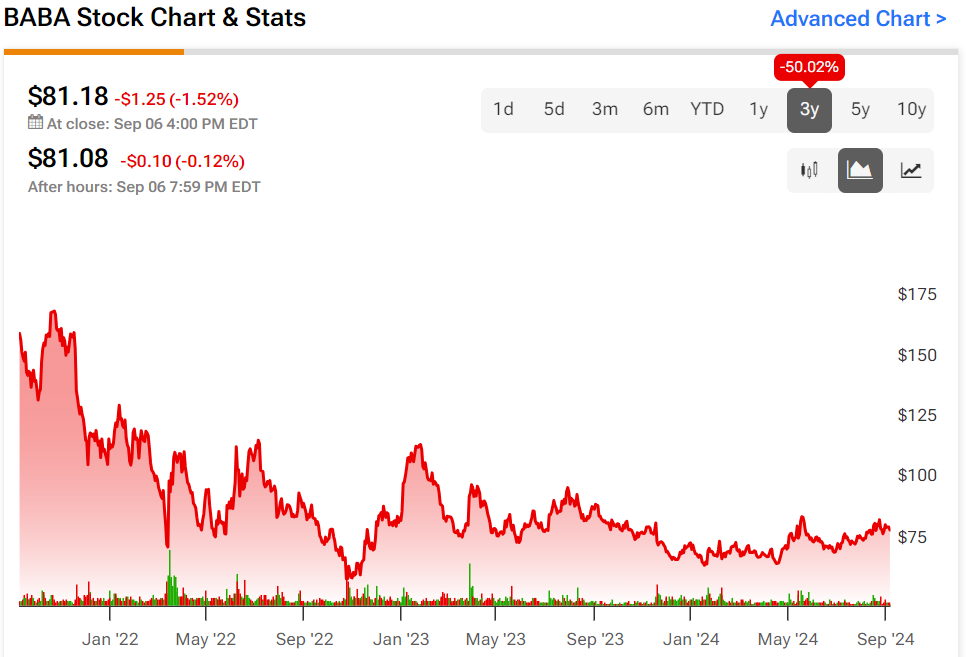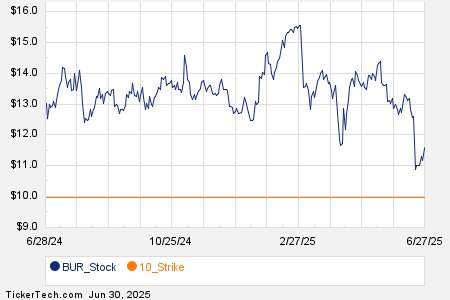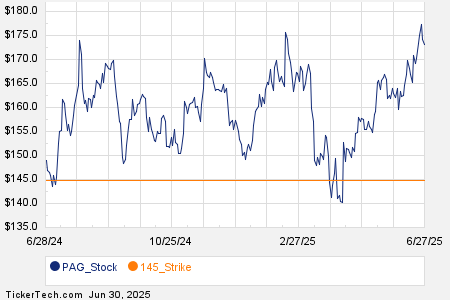Financial Struggles Amidst Surging Share Repurchases
Alibaba’s recent financial report for Q1 of Fiscal 2025 revealed a mere 3.9% growth in revenue, showcasing a significant deceleration compared to previous periods. The core domestic commerce segment took a hit, with the China commerce retail division witnessing a 2% revenue decline due to reduced direct sales initiatives. Despite efforts to enhance operational efficiency, adjusted net income plummeted by 9% year-over-year to $5.6 billion, impacting the operating margin negatively.
The Rise of Aggressive Buybacks as a Positive Force
Despite the lackluster financial outcomes, Alibaba’s decision to repurchase 613 million shares for $5.8 billion during the quarter and a total of $18.1 billion over the last 12 months is a significant move. The buyback yield of 9.4% at the current market capitalization level underscores the management’s confidence in the company’s intrinsic value and future prospects. This strategic initiative, unusual among Chinese corporations, could potentially bolster per-share metrics, reflecting a positive signal for investors amidst a suppressed stock price.
Analysts’ Optimism and Projection for Alibaba Stock
Wall Street analysts maintain a Strong Buy consensus on Alibaba’s stock, with 13 Buys and three Holds in the past quarter. Projections indicate a potential 34.92% upside, with an average forecast price of $109.53. Notably, a notable analyst, Rob Sanderson from Loop Capital Markets, exhibits a high degree of accuracy and success, making his insights valuable when considering investment decisions.
The Bright Side of Alibaba’s Investment Potential
Alibaba, amidst financial challenges, presents an intriguing opportunity for investors due to its robust free cash flow and undervalued status in the market. With a current P/FCF ratio of 8.9 and a forward ratio of 7.6, the stock appears attractively priced. The ongoing share repurchase program, coupled with a substantial dividend yield, offers a margin of safety and signifies potential for enhanced EPS growth.







